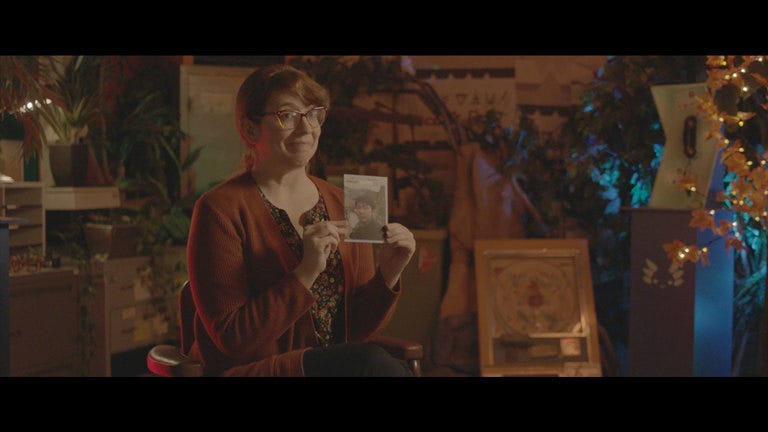
We’ve begun to emerge from the long immersive winter’s nap, and that means the Rundown is back.
We’re still in REMOTE SHOW mode, with the first of the in-person experience reviews planned to come in next week starting in New York City. (A certain SOMETHING is opening back up soon.) We’ll have more regions coming back into service as the current Covid surge fades. (Let’s hope we don’t get another surge, so help where you can, yeah?)
Are you a creator who looks upon these reviews with jealousy? Okay, the positive ones, at least? Then you might want to check out our How To Get Covered By NoPro guide.
Want more from the Review Crew? Check out the latest podcast from the team.
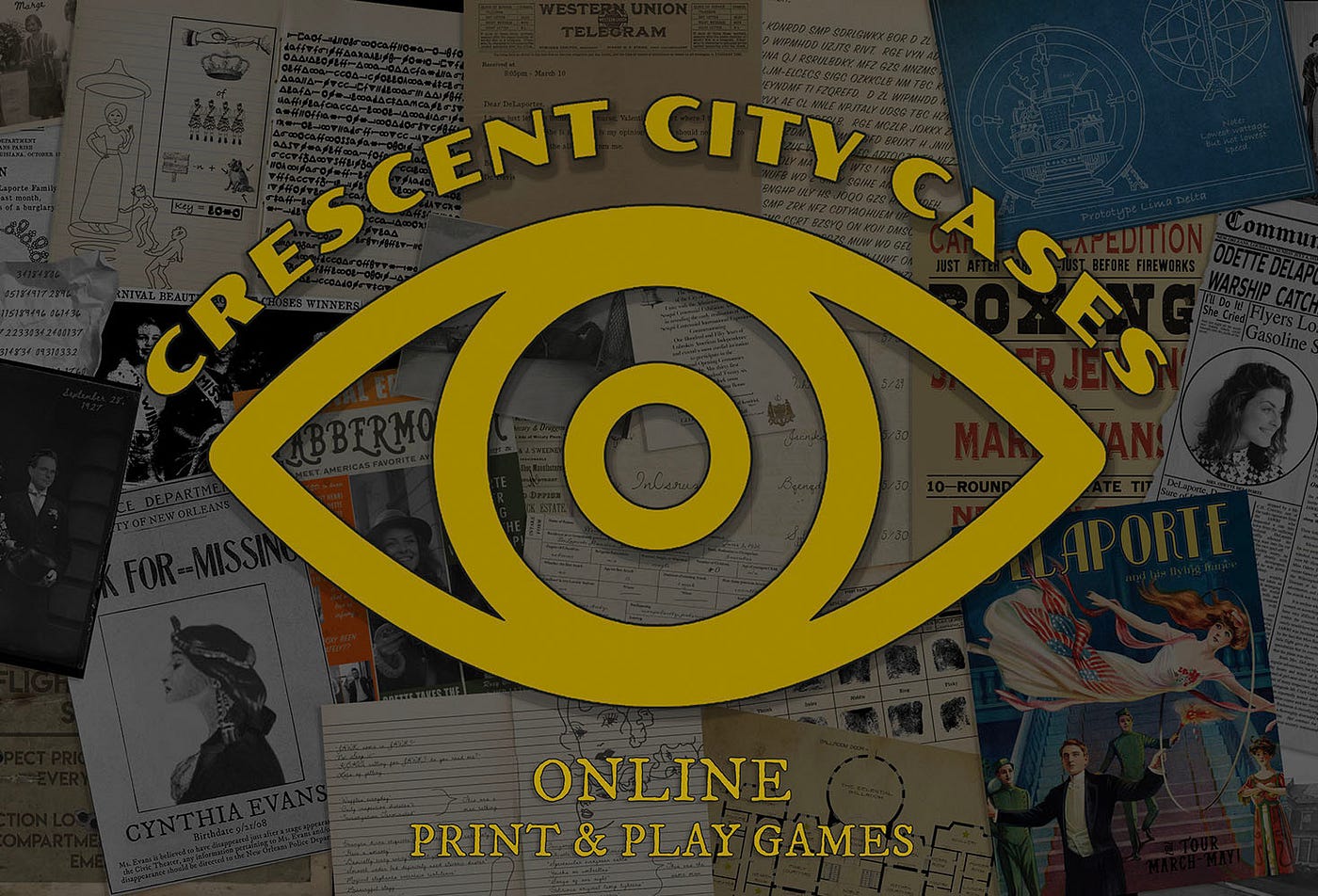
Crescent City Cases (Case One Through Three) — Delaporte Ventures
$0 to $49.95; Remote (At Home Box); Ongoing
Whether it’s being at home or in an escape room, what makes solving mysteries as an amateur sleuth enjoyable is the answers to puzzles and clues making perfect sense, creating a straightforward throughline of steps towards a clear-cut final solution. Leave it to real detectives to parse through ambiguous and conflicting details, where highly specific knowledge and noticing subjective details to close cases is required. Unfortunately, Crescent City Cases finds themselves right smack dab in the middle of these two extremes, producing a muddled, uneven experience.
Our first case is The Disappearing Act which doubles as a free tutorial. The case involves stage magic gone wrong, which produces a delicious peanut butter and jelly flavoring when paired with at home mystery experiences. Yet, instead of the puzzles providing the complimentary taste of banana slices, they’re red onion hunks. When solving the first five puzzles, each produces an answer only experienced puzzlers could possibly recognize. The finale involves a logic puzzle with a visually overwhelming grid. If the goal was to introduce new players to “classic” puzzles, we wish it would have been done in a more accessible, straightforward manner.
The second case is Amnesiac Aviatrix being a quite enjoyable mystery. The story is a twisty, turvy tale of how friendship and love can be a dangerous combination. The puzzles flow into one another smoothly, nearly all having a narrative reason to be present. Additionally, answers are everyday, recognizable words rather than knowledge-specific terms. While there’s another logic puzzle with a corresponding grid, other tools and images are provided, allowing the puzzle to be solved without the grid. Our only gripe was that the hint system could have been more robust. A key detail in the puzzle was missed, which could have been pointed out in step pointing out what was needed before an overly detailed hint was provided that basically stated the solution.
Sadly the third case, Nathansbury Necklace, was far too similar to the first one, proving to be the most frustrating. It didn’t help that the story was the least captivating either, amounting to a standard “breaking and entering” case at best. While the puzzles started off strong, they quickly started producing answers that were not everyday words or terms, leaving us with little confidence. Then we come across a seemingly broken puzzle. It involves 27 suspects where the goal is to eliminate all but 8 suspects as suggested by the corresponding log sheet. Yet, to correctly spell out the answer, you need 10 suspects. And one of those additionally required suspects is easy to eliminate, with the key detail to catch arguably subjective at best.
While there are some worthwhile cases and puzzles to be encountered, working with the Crescent City Cases proves to be grueling and tedious police work ultimately best left to the professionals.
– Patrick McLean, Chicago Curator & Kevin Gossett, LA Reviews Editor
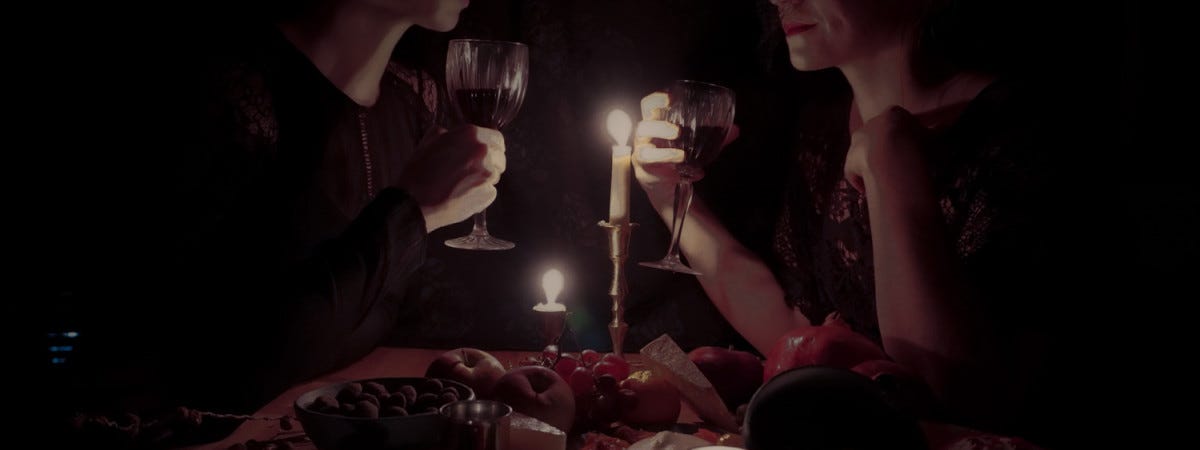
Eulogy — Ruse
Free Or $25 Donation; Remote (Gather.Town); Run Concluded
This review is going to sound harsh, but hang with me because I’m glad I went to Ruse’s Eulogy: in loving memory of all that never was and I want you to understand why.
This is an ambitious piece that explores the universal nature of grief. Ruse’s founder, Christy Casey, designed Eulogy as a 5-course dining experience, complete with live music and ritualistic paper-burning, before deciding to go digital. The conversion was clearly a challenge. Casey says that future iterations might “have a package put together to make it easier for people to opt-in to the food experience, but we haven’t fully ironed out translating that part of the experience to the virtual environment.”
Unfortunately, food wasn’t the only thing to get lost in translation. Eulogy’s online platform Gather.Town was cartoonishly at odds with the show’s somber tones, people moving was a mess, audio suffered technical difficulties, and our hosts sounded timid; like they were presenting a school project. (That’s it for the harsh stuff.)
None of this means you shouldn’t check Eulogy out for yourself — you should. The music, facilitated interactions, and the show’s onboarding processes were all lovely. It’s a credit to the strength of Casey’s vision that I left Eulogy feeling satisfied. At peace. She created a space where participants could go all-in, emotionally speaking.
Maybe it was because we were all grieving individual losses within the framework of a shared experience that this show didn’t feel sad. Instead, it transformed grief into connective tissue; something that holds us together. Which is a long way of saying that the bones of this show are fantastic, and that Eulogy’s journey — further into or away from digital, either way — will be something to keep an eye on.
— Leah Davis, New England Correspondent

Finding Satoshi — NHK
Free; Remote (Digital); Ongoing
Do you have about 50 minutes? Do yourself a favor and watch NHK’s Finding Satoshi, a short documentary that examines the ARG Perplex City, and it’s seemingly impossible demand of its players to find a man (the eponymous Satoshi) with only a first name and a photograph to go off of. Narrated with a wry humor and surprising warmth by the usually somewhat sinister Willem Dafoe, it weaves the tale of the game’s creation, the joy it sparked, and the detectives who decided to dedicate themselves to this impossible task even when the game seemed over and forgotten.
What elevates this from merely a historic record is the way it examines the power of games and participatory art to make moments of serendipitous connection. I refuse to spoil the twists, but the way that involvement in a game creates a tangled web of country spanning relationships becomes shockingly heartwarming. The film is somewhat shy about engaging with the larger implications of some of the big picture questions of privacy the game raised before modern surveillance state tech made it all the scarier, but manages to briefly dip its toes into those murkier waters. Generally, though, it’s a charming and relaxing tale about the feelings that drew so many of us to participatory art in the first place.
– Blake Weil, East Coast Curator at Large
Want to hear more about this experience? Listen to this episode of Review Crew where we talk about it!

Lesson Plan — On Site Opera
$30; Remote (Zoom); Run Concluded
In Lesson Plan, Alice Tomasso (pronounced “Ali-che,” darling), the world renowned operatic star, has been invited to lead a masterclass for prospective musical talent… at a community college… on Zoom. Our (fading) star is not too pleased and berates the poor school administrator who has no interest in opera at all, but is just in place to facilitate the call. It is so embarrassing that times have meant that she has had to resort to every musician’s greatest fear, teaching, which is far below her. And, of course, as she is saying this, the two realize that they have been accidentally live and unmuted on Zoom for the past five minutes in front of the class.
While the play itself may be comical, the stellar cast of Lesson Plan is filled with real world operatic talent. The libretto and score from Rachel Peters is brought to life by Stephanie Blythe and Laquita Mitchell, cast as the hasbeen prima donna and exasperated college administrator respectively. The 45-minute masterclass is filled with wonderful songs, and hilarious lyrics that point at the absurdity of opera tropes, fading stardom, learning to love teaching, and, of course, Zoom.
From a technical point of view, the piece is an example of just how far Zoom-based shows have come. With live audio and video mixing/design (from Jon Robertson & Paul Deziel), we are able to hear both singers perform their respective arias in time with both each other and the orchestral tracks accompanying them. While there may have been the occasional unintended technical blip dueting with the pre-planned ones, the achievement of this production is a treat which music teachers (like me) have been dreaming about for years.
For me, teaching music online has been a hard task during the pandemic, and this show captures all of the feelings and frustrations that this particular instructor has experienced firsthand with students. Video glitches, audience members commenting unmuted, and surprise pet appearances are all to be found in this timely production. Lesson Plan is wonderfully witty and plays into the unique auditorium that is a Zoom call, while still maintaining the heart and passion that we expect from the operatic tradition. The short experience is a wonderful invitation into the operatic world which many can enjoy from the comfort of their own homes, and perhaps learn a little music while doing so. Bravo.
— Edward Mylechreest, New York City Correspondent
Discover the latest immersive events, festivals, workshops, and more at our new site EVERYTHING IMMERSIVE, new home of NoPro’s show listings.
NoPro is a labor of love made possible by our generous Patreon backers. Join them today!
In addition to the No Proscenium website, our podcast, and our newsletters, you can find NoPro on Twitter, Facebook, YouTube, Instagram, in the Facebook community Everything Immersive, and on our Discord.



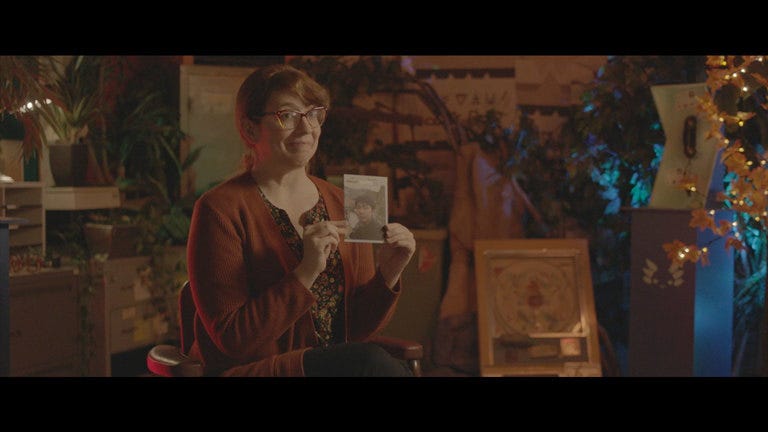












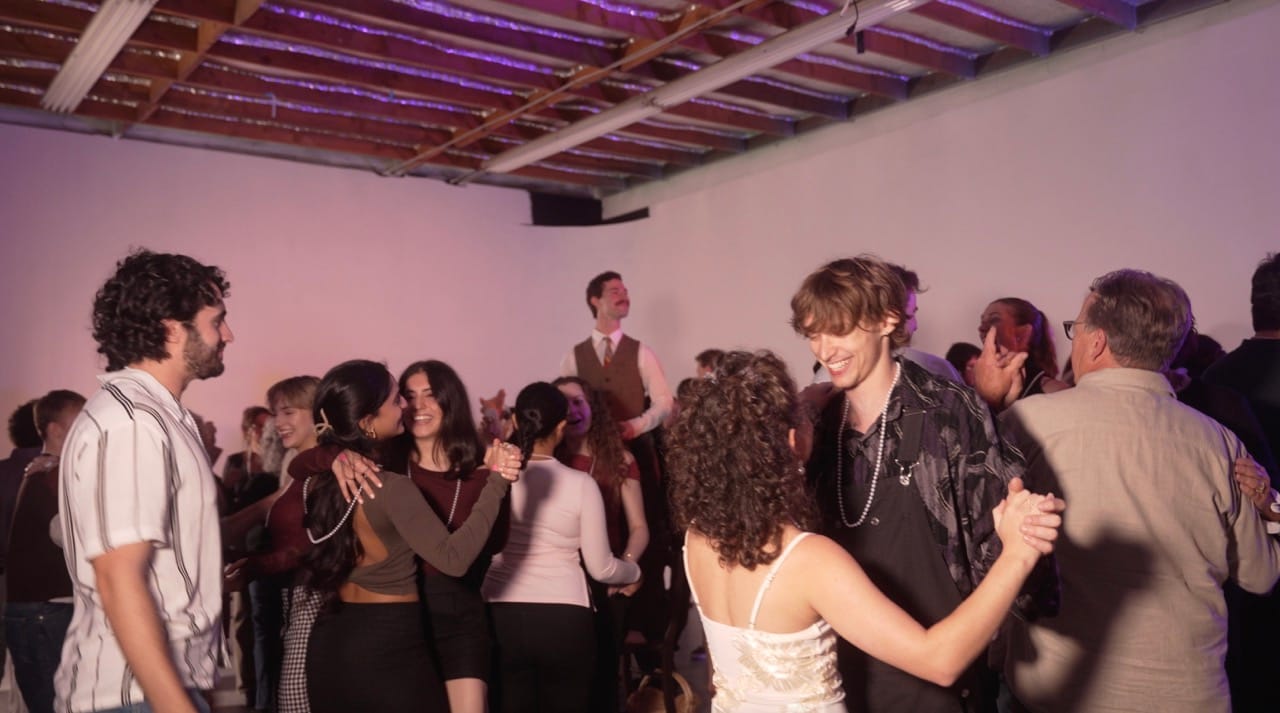


Discussion